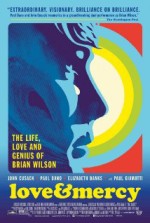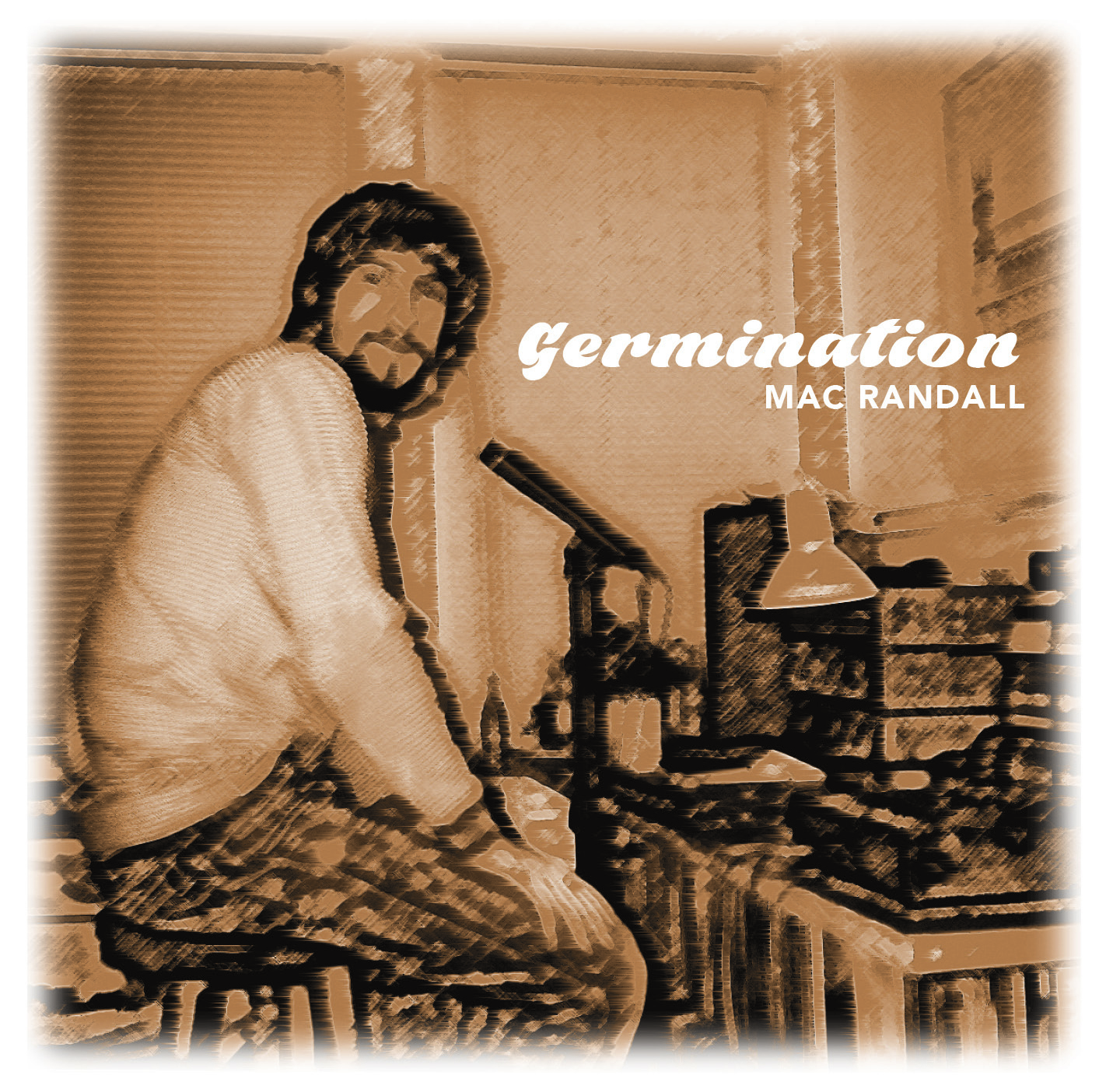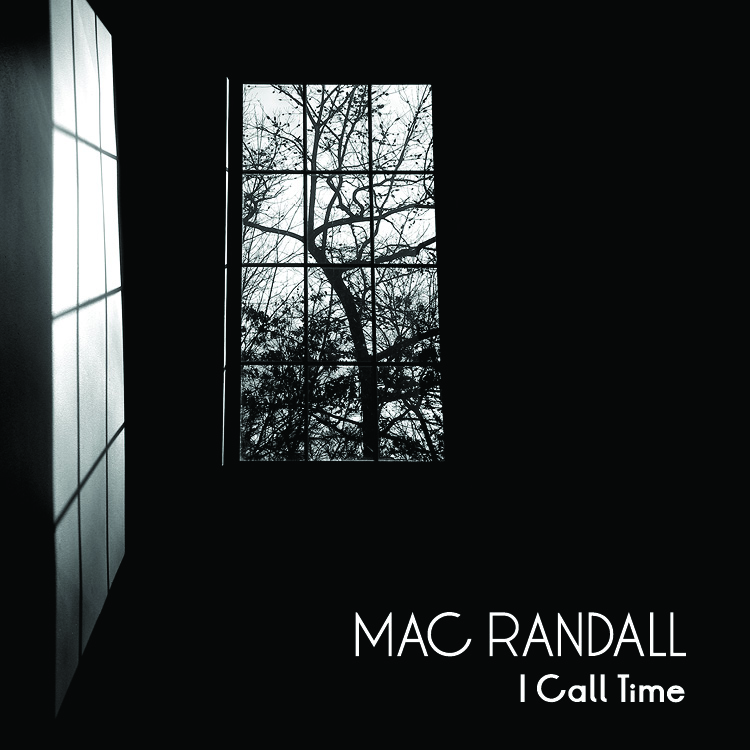“These things I’ll be until I die”
 Having been a fan of the Beach Boys since my late teens, I learned the basic facts about Brian Wilson’s life long ago. The prodigious musical talent. The bullying and beating inflicted by his father. The unparalleled grasp of the recording studio’s possibilities. The strange voices he started hearing in his head in his early twenties. The nervous breakdown that ended his touring days with the band. The drugs. The psychic unraveling of the Smile period and its aftermath. The three years in bed. The unhealthy influence of Eugene Landy, who nearly destroyed Brian while claiming to be saving him. The break with Landy and the slow return to something resembling normality. I knew all this stuff. It was ancient history to me.
Having been a fan of the Beach Boys since my late teens, I learned the basic facts about Brian Wilson’s life long ago. The prodigious musical talent. The bullying and beating inflicted by his father. The unparalleled grasp of the recording studio’s possibilities. The strange voices he started hearing in his head in his early twenties. The nervous breakdown that ended his touring days with the band. The drugs. The psychic unraveling of the Smile period and its aftermath. The three years in bed. The unhealthy influence of Eugene Landy, who nearly destroyed Brian while claiming to be saving him. The break with Landy and the slow return to something resembling normality. I knew all this stuff. It was ancient history to me.
So why was I standing on Second Avenue in the bright sunshine of a June midday openly weeping after seeing this ancient history acted out in Bill Pohlad’s marvelous film Love and Mercy?
The short answer to this question is that it’s one thing to know the facts and quite another to experience them as drama. Love and Mercy makes Wilson’s inner turmoil transparent enough to be our own, chiefly through two captivating performances. Paul Dano captures the essence of the ’60s Brian as awkward half-child, absurdly overdeveloped as a musician and songwriter, woefully underdeveloped in every other way. And John Cusack takes on the guise of the wounded ’80s Brian in a tic-laden yet completely believable manner that reminds me of Dustin Hoffman’s Oscar-winning tour de force as the autistic Raymond Babbitt in Rain Man.
Adding immeasurably to the emotional impact is the work of composer Atticus Ross, more sound design than score. Snippets of familiar tunes merge with random crosstalk in a cloud of echo and other aural effects, a convincing attempt to simulate the crazy kaleidoscope inside Brian’s brain.
It is deeply disturbing to hear, time and again, songs that have for decades caused me to marvel at their melodic beauty, harmonic ingenuity, and technical brilliance—“Don’t Talk (Put Your Head on My Shoulder),” “Heroes and Villains,” “Surf’s Up,” “Cool Cool Water”—juxtaposed with scenes that show the man who created those songs slowly sinking into hell. The character played by Dano and Cusack does not wallow in the fashionable melancholy of the creative class. He is in serious trouble. The truism that great art comes from great pain has rarely been exemplified with more hideous power.
Brian needs help. What he gets is something else. In the ’60s, a coterie of groovy hangers-on tell him how great he is and feed him psychotropic substances that he can’t handle, while Mike Love and Murry Wilson ridicule him for his artistic ambition. In the ’80s, he’s lorded over by Landy, who pumps him full of other psychotropic substances that he can’t handle and manipulates him with demonic fervor (as rendered by Paul Giamatti, perhaps a little too demonic to be fully credible).
Two scenes are particularly harrowing. During a ’66 dinner party to celebrate the success of “Good Vibrations,” the sound of knives and forks on plates drowns out the conversation in Brian’s mind, rising to such a threatening volume that he screams and leaves the table in anguish. At an ’85 cookout, Brian starts munching on a burger before Landy says it’s okay for him to eat. When Landy notices this, he gets right up in Wilson’s face and castigates him mercilessly; forever the abused child, Brian tenses up and girds himself for the blows that may soon fall.
Like many who aspire to make original music, I used to feel a tad envious of Brian Wilson and his ability to reimagine American pop. Although I’ll always admire his work, I don’t feel envious of him anymore after watching Love and Mercy. I just feel terrible for the poor guy and all he’s had to go through.
Of course, the story has a happy ending of sorts. Brian found a woman who got him out of Landy’s clutches, married him, gave him a new family, and continues to stick by him. With that crucial support, he was able to finish Smile and reconnect with his creativity. All these developments are wonderful, even inspirational. But let’s not kid ourselves: Brian will never be “back,” not completely. He is a severely damaged human being, and he will remain so for the rest of his life. It’s arguable that to some extent he always was, and that the damage is in fact inextricable from the brilliance. Which makes his accomplishments all the more amazing, and heartrending.
My mind keeps returning to one of Love and Mercy’s many great studio scenes from the ’60s, the one in which we hear the final mix of “Good Vibrations” being played back. You can see the elation in Dano’s eyes as the track fades out. His character’s grand vision of a “pocket symphony to God” is realized at last; six months of grueling work have reached a splendid conclusion. Then, after a second or two, those eyes turn hesitantly to the right, looking perhaps for reassurance from some unseen companion. Who would that be? We now become fully aware that no one else is in the shot. Other people are in the control room, certainly—that would only stand to reason—but the placement of the camera, cutting everyone else out of the picture, conveys a haunting message: At Brian’s greatest moment of triumph, he’s alone. It took dozens of people to make this music, and hearing it will thrill untold millions for decades to come. But no one will ever feel it inside the way Brian does. No one can ever truly share that experience with him. Here in a few short, telling frames of film, we see embodied both the privilege and the curse of genius.






